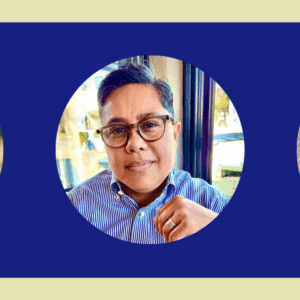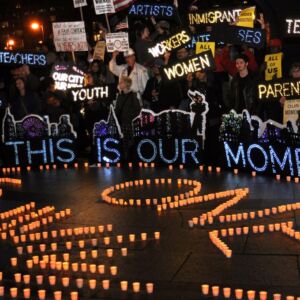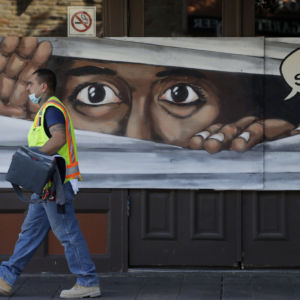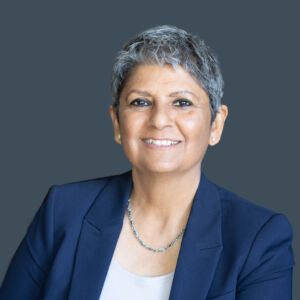Meet Beezer de Martelly
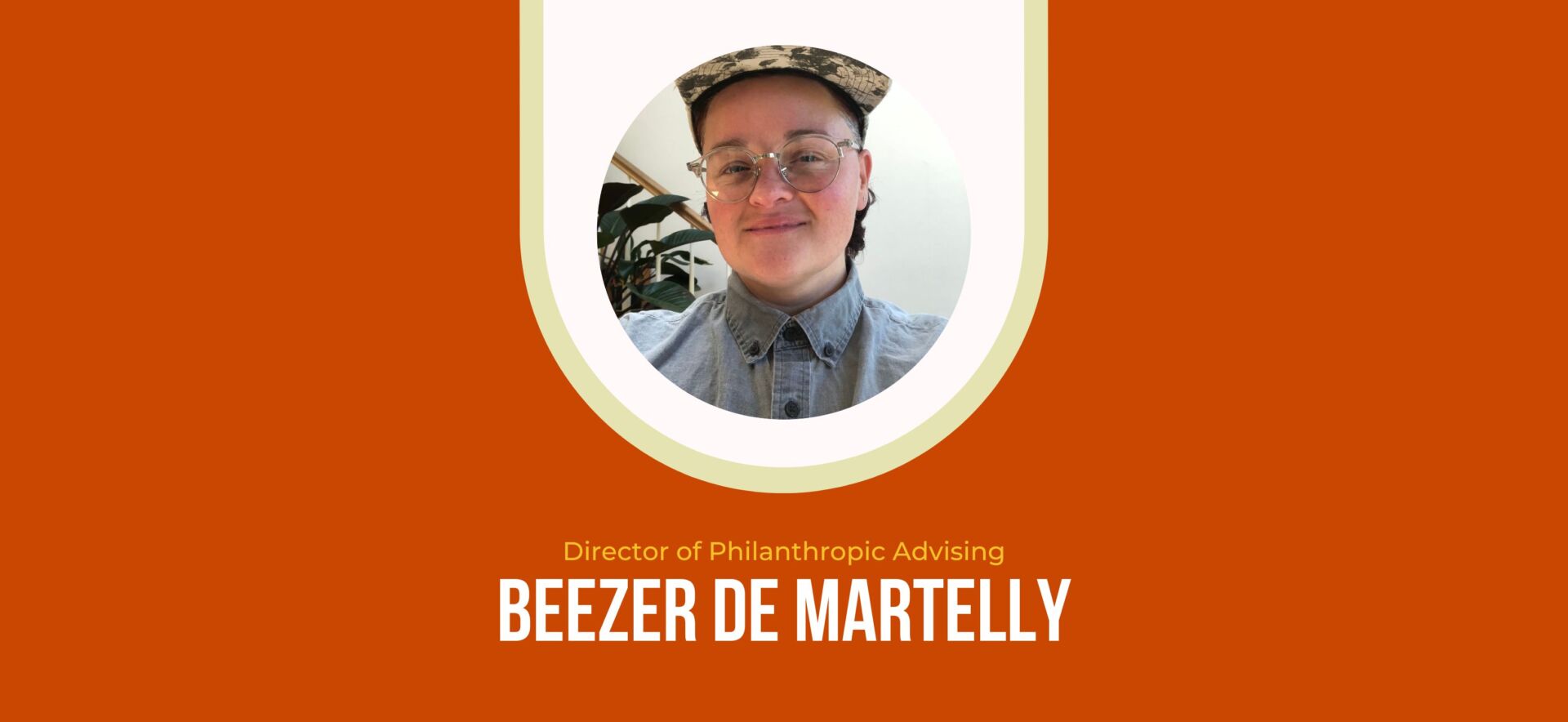
Beezer (they/them) joins CCF as our Director of Philanthropic Advising. Beezer brings over a decade of experience in donor organizing and movement-building, most recently serving as Senior Donor Organizer at Solidaire Network. They have played a pivotal role in growing donor communities and raising multi-million dollar commitments for movements centering Black liberation, Indigenous sovereignty, climate justice, and queer/trans freedom.
What brought you to CCF?
I joined Common Counsel Foundation in May as the Director of Philanthropic Advising, where I oversee our Donor Advised Fund and Family Foundation advising programs. I am inspired by CCF’s decades-long commitment to resourcing transformative movements for social justice and the institution’s deep trust among frontline organizers. I am excited to continue building on this legacy by working with family foundations and donors across the country on movement building and resourcing strategies to meet this political moment head on.
I bring to CCF two decades of experience organizing alliances that join organizers on the frontlines of struggle with those who create capacity for social change behind the scenes and at sites of power many cannot access. I have created powerful alignments among the public education, anti-austerity, antiwar, housing justice, and labor movements, connecting these commitments across intersectional struggles for racial, economic, gender, and climate justice.
As a whole, my work focuses on creating networks of mutual care and investment in movements that center accountability to those most impacted by oppression. Moving from a heart-centered and connective place, I inspire a sense of possibility, trust, and relationship, creating opportunities for transformative change and collective liberation.
What drew you to movement work?
I grew up in a working class family with a mother who ran a sliding scale daycare center supported by government and community grants that served mostly low-income and poor Black and brown families across my city. As a child, I went with my mom to work, taking in many lessons about the intersections of race, class, and gender and about how systems like prison, policing, and immigration impacted children and their families in my community. I also earned a lot about gun violence and intergenerational trauma as well as feminist networks in my city — led especially by Black women — working on healing, repair, and resourcing community. While I didn’t have the language at the time, I later recognized my mom as a community organizer, strategizing how to shift resources towards these kids and their families and impacting thousands of children across her nearly 50 years of work at this center. I still carry these important lessons with me.
I got my start as an organizer in 2003 while attending college in central Illinois when the Iraq War broke out. There, I began meeting with students, campus workers, and community members to discuss the war, planning the first marches and demonstrations I’d ever attended in what I came to realize was a very conservative context. There, I learned about what it takes to find integrity and stay true to what you know is right even if it’s not reflected back at you by many others.
I further developed my organizing muscle as a labor organizer during the austerity crisis following the global financial collapse brought on by a reckless banking and finance system that rigged the housing market. In New Haven, CT, I got involved in local elections, knocking on doors and doing deep canvassing in the city’s working class and Black neighborhoods. I began to have a deeper understanding of the ways political policy shapes everyday peoples’ lives, how to break through a sense that politics was something that happened “over there.”
How did you get into philanthropic advising?
I initially came into this work on the guidance of a mentor who witnessed my capacity to organize solidarity across a wide spectrum of people. They planted an important seed about bringing my capacities to a different sector and told me to apply for an opening as a Donor Organizer at Solidiare Network in 2019. It was through this work that I first began to really understand the power and possibility of cross-class organizing as something more than an abstract aspiration.
Why is donor/organizing important to you?
Each of us has a crucial role to play in transformative movement building. Collective liberation means all of us. This includes people with wealth, who are also seeking healing and “being in right relationship” with the world. I am inspired by the opportunity to build deep and trusting relationships with people with wealth rooted in a mutual desire for collective healing, repair, and transformation.
What inspires you to do this work?
I am inspired by the process of healing and repair in action. Of staying in one’s integrity even when it’s hard. Of creating loving bonds with people that can withstand and even break oppressive systems.
What brings you joy or sustains you in movement work?
I am fueled by others’ courage especially in the face of oppression. I find so much joy in the everyday acts of creative resistance. As a musician, I am especially inspired by artists and dreamers who reflect a world I want to live in, one rooted in collective liberation and belonging.

